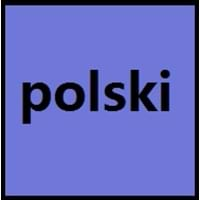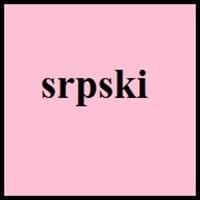Polish vs Serbian
- Polish Language has many loanwords from Russian, Czech, French, Italian, Hebrew and German Languages.
- The earliest writings found in polish language was list of persons and place names, is dated to 1136.
- Serbian language was derived from the Old Church Salvic, as the language was commonly spoken by most of Slavic people in the 9th Century.
- Serbian language is based on Stokavian dialect.
Polish and Serbian Language History
Comparison of Polish vs Serbian language history gives us differences between origin of Polish and Serbian language. History of Polish language states that this language originated in 1270 whereas history of Serbian language states that this language originated in 11th Century. Family of the language also forms a part of history of that language. More on language families of these languages can be found out on Polish and Serbian Language History.
Polish and Serbian Greetings
People around the world use different languages to interact with each other. Even if we cannot communicate fluently in any language, it will always be beneficial to know about some of the common greetings or phrases from that language. This is where Polish and Serbian greetings helps you to understand basic phrases in Polish and Serbian language. Polish word for "Hello" is cześć or Serbian word for "Thank You" is Хвала лепо (Hvala lepo). Find more of such common Polish Greetings and Serbian Greetings. These greetings will help you to be more confident when conversing with natives that speak these languages.
Polish vs Serbian Difficulty
The Polish vs Serbian difficulty level basically depends on the number of Polish Alphabets and Serbian Alphabets. Also the number of vowels and consonants in the language plays an important role in deciding the difficulty level of that language. The important points to be considered when we compare Polish and Serbian are the origin, speaking countries, language family, different greetings, speaking population of these languages. Want to know in Polish and Serbian, which language is harder to learn? Time required to learn Polish is 44 weeks while to learn Serbian time required is 44 weeks.





